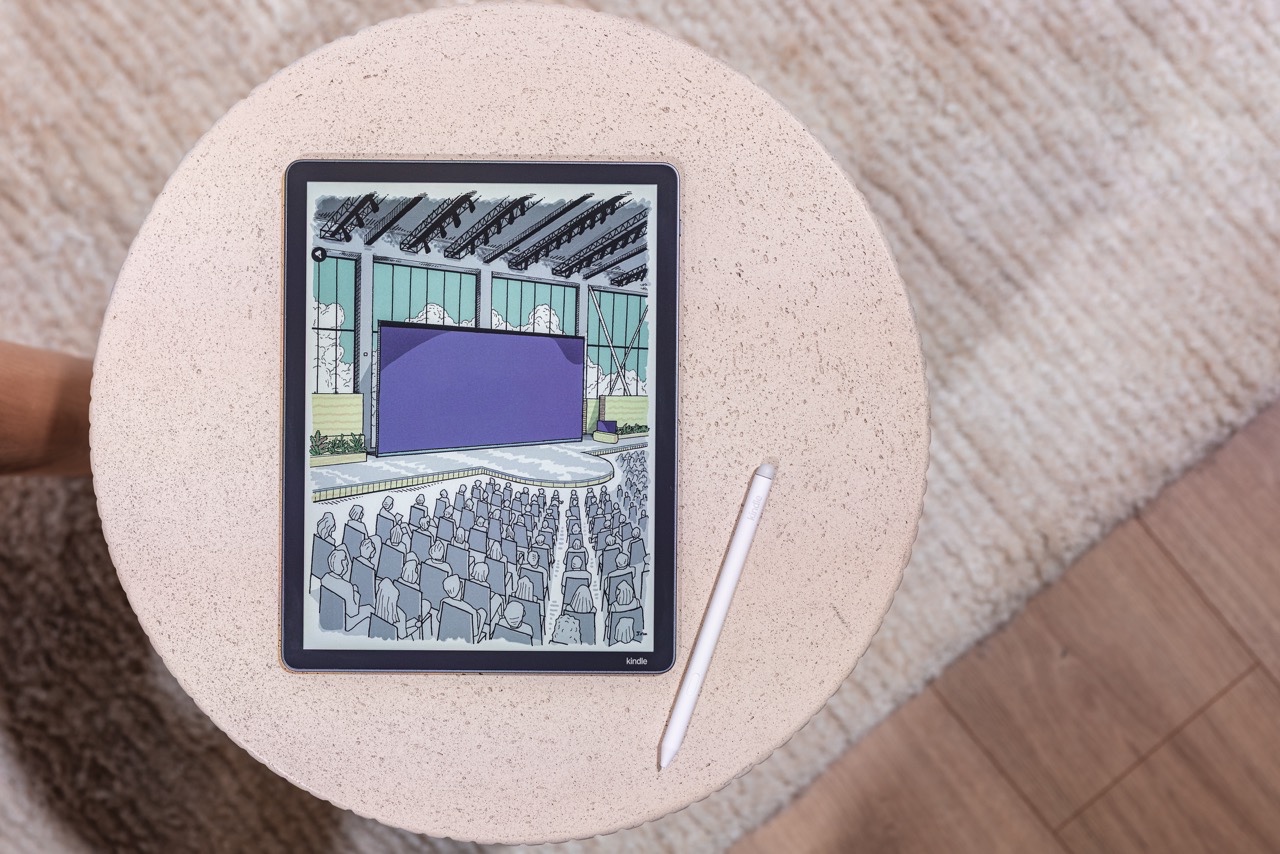TL;DR: Episode 2 slows things down after the explosive premiere but delivers a devastating emotional blow as Amy recovers a painful memory. Felicity Huffman’s Joan Ridley immediately steals the spotlight, and the show sets up a season brimming with fractured friendships, medical moral dilemmas, and the ghosts of choices past.
Doc
When a show like Doc hits its second season, it faces a brutal choice: either double down on the melodrama that hooked everyone in the first place or risk falling into the dreaded sophomore slump, where the writers clearly have no idea what to do with the shiny new toys they set up last season. Episode 2, titled simply enough “One Heart,” is the kind of hour that makes me both grateful and a little unsettled—grateful because it’s messy, emotional, and strangely sharp in its dissection of human grief, unsettled because I can feel the writers sharpening their scalpels for a much deeper cut later in the season. And trust me, the cut they made here, through Amy’s haunted past, already hurt enough.
Let’s talk about Amy, because Doc is—at its very best—her story. Molly Parker continues to deliver a performance that feels like it’s barely keeping itself together, which is precisely the point. She’s a doctor who’s spent an entire season operating as a ghost in her own life, a woman whose memories come back in fractured Polaroids. In Episode 2, those fractured snapshots sharpen into something terrifyingly real when her former mentor, Dr. Joan Ridley (a sharply poised Felicity Huffman), strides into Westside with the authority of someone who’s already rearranging the furniture. Amy’s brain, which has been stubbornly keeping secrets for eight years, suddenly starts coughing up shards of memory like a printer that’s been jammed for too long. A slice of cake. A glass of whiskey. A dinner table where something unspeakable was said. The images feel mundane until you realize they’re the background noise of trauma.
I’ve always loved when medical dramas sneak in the reminder that memory isn’t just a filing cabinet you forgot to alphabetize—it’s a volatile chemical that reshapes itself depending on who walks into the room. Joan is Amy’s trigger, and the tension between mentor and student is delicious in that awful way you can’t stop watching, like rubbernecking at a car crash. Huffman plays Joan like she’s solving a puzzle the rest of us aren’t smart enough to even see, and it’s that blend of intellect and menace that makes her so compelling. She can cure hiccups that last eleven days without breaking a sweat, but God help you if you were ever her protégé.
And then there’s the case of the week, which the show continues to use as both a narrative motor and a mirror for its characters. Megan, the young woman convinced she’s pregnant while actually carrying a tumor the size of a grapefruit, is a gut punch of a patient story. This is Doc at its cruelest—taking someone’s delusion and peeling it away to reveal a brutal truth that feels worse than the illness itself. Watching Amy and Gina navigate whether to lie to their patient in order to keep her mentally afloat, only to have that strategy collapse in a storm of betrayal, reminded me why I keep watching medical dramas even when I know they’re manipulating me: because pain, when it’s written well, feels like revelation. And this episode had revelation in spades.
The fallout of Megan’s case pushes Amy and Gina into finally addressing the thousand cuts of their own broken friendship, which is maybe the episode’s most quietly devastating sequence. I loved how the show didn’t give them an easy answer—no hug-it-out moment, no sudden “we’re fixed now” catharsis. Instead, Gina tells Amy the truth: that grief hollowed her out so thoroughly that she wasn’t just a friend lost, she was a ghost who dragged everyone down with her. When she says it will take “a thousand stitches” to repair what’s broken, it lands like a thesis statement for the season. It’s not about quick fixes—it’s about slow, grueling repair.
Meanwhile, TJ is doing his best impression of the world’s most stubborn patient, which might feel like a subplot in lesser hands but works here because of how clearly it mirrors Amy’s own struggles. Watching him rail against his broken body while Amy quietly guides him through the same frustrations she once endured gave the episode a symmetry that balanced out the heavier revelations. Of course, Sonya’s fury at Amy throws a wrench into this—her accusation that Amy’s memory lapses nearly got TJ killed is unfair, but it’s also the kind of unfairness that sticks. You can already see the storm brewing between Sonya, Amy, and Jake, and if there’s one thing Doc thrives on, it’s emotional weather systems colliding at the worst possible moment.
But the kicker, the moment that made me audibly whisper “oh, no” to my empty living room, comes at the end. Amy’s recovered memory, which finally unfurls in full, reveals Joan forcing her to leave Michael. It reframes everything—her grief, her distance, her career drive—as a choice she didn’t entirely make, one orchestrated by the very woman who’s now slipping into Michael’s chair as chief of internal medicine. It’s one of those revelations that doesn’t just deepen the past; it makes the future suddenly feel radioactive. How do you work alongside the person who rewired your life in the cruelest way possible? How do you trust the fragments of your own mind when the person who built your professional identity may have also torn apart your personal one?
Episode 2 doesn’t have the bombastic hostage crisis of the premiere, but it doesn’t need it. It’s the quieter, more surgical kind of devastation, the kind that leaves scars invisible to everyone but the characters. And in that sense, it’s the exact kind of episode I hope Doc leans into more this season. Give me less spectacle, more scars.
Verdict:
Doc Season 2, Episode 2 trades high-octane chaos for emotional excavation, and the result is just as thrilling in its own way. With Joan Ridley’s arrival, Amy’s memories finally starting to click into place, and the show leaning hard into themes of grief and repair, this is an hour that proves Doc knows exactly what it’s doing in its sophomore season. It’s heartbreaking, it’s infuriating, and it’s exactly why I can’t stop watching.







